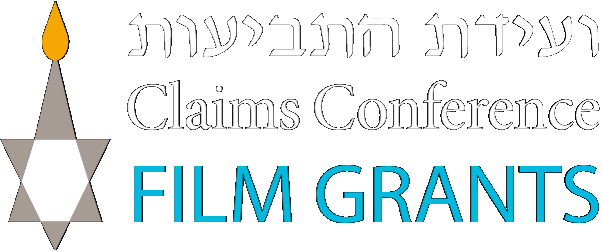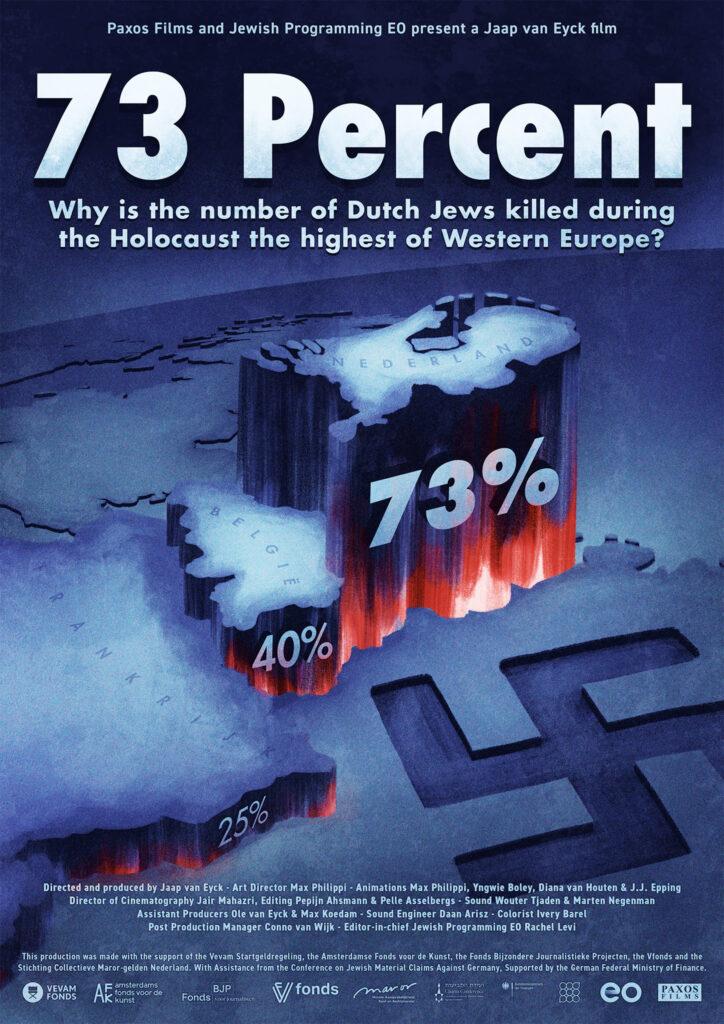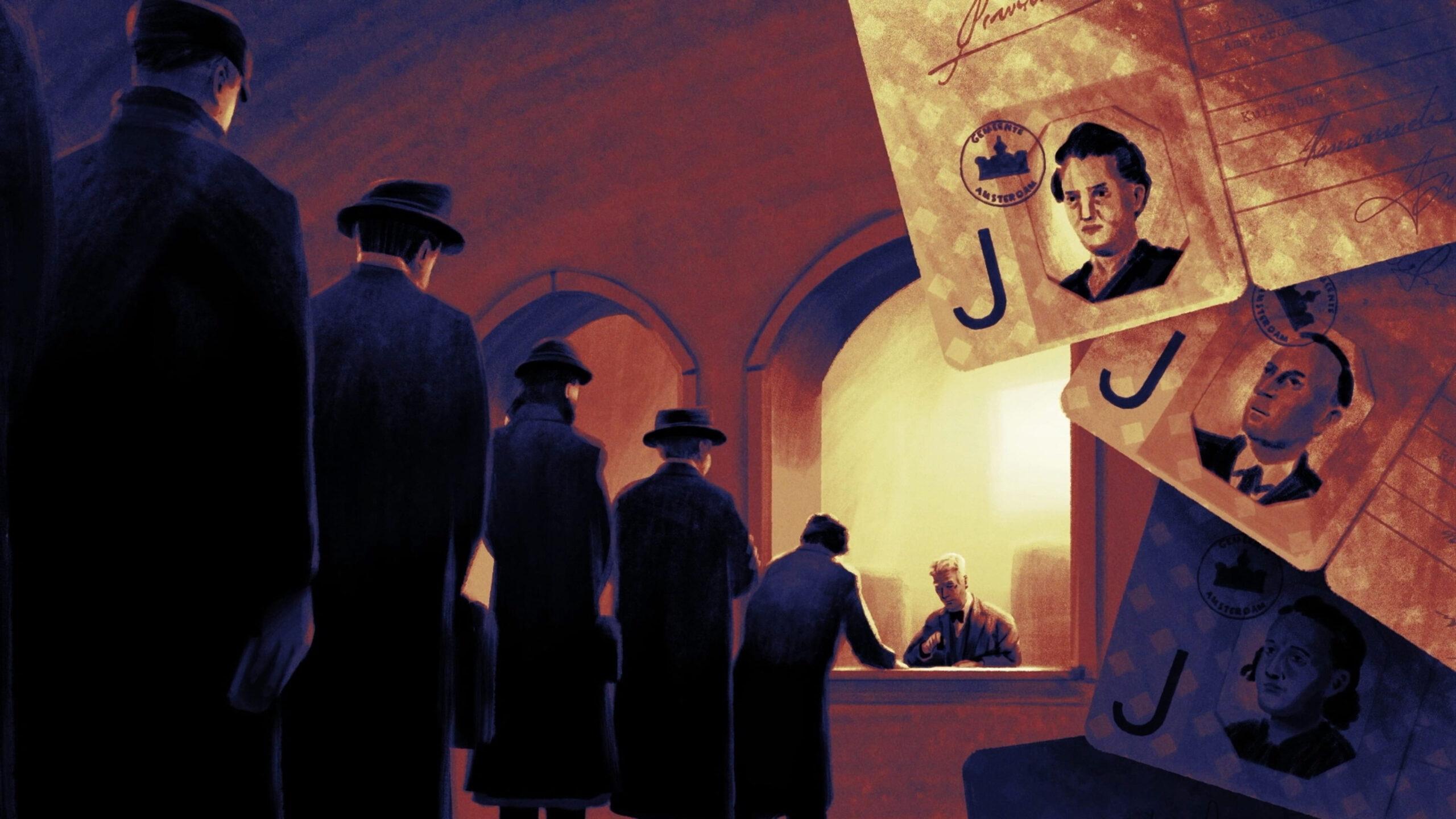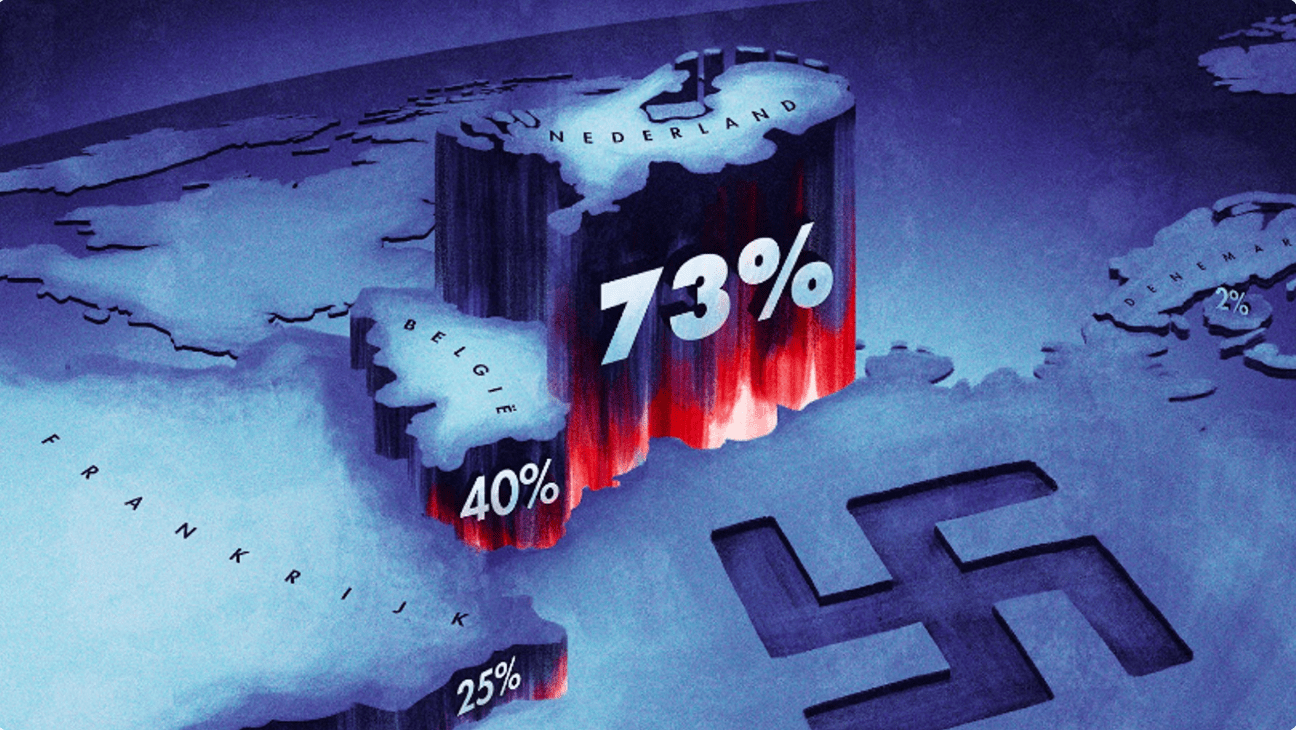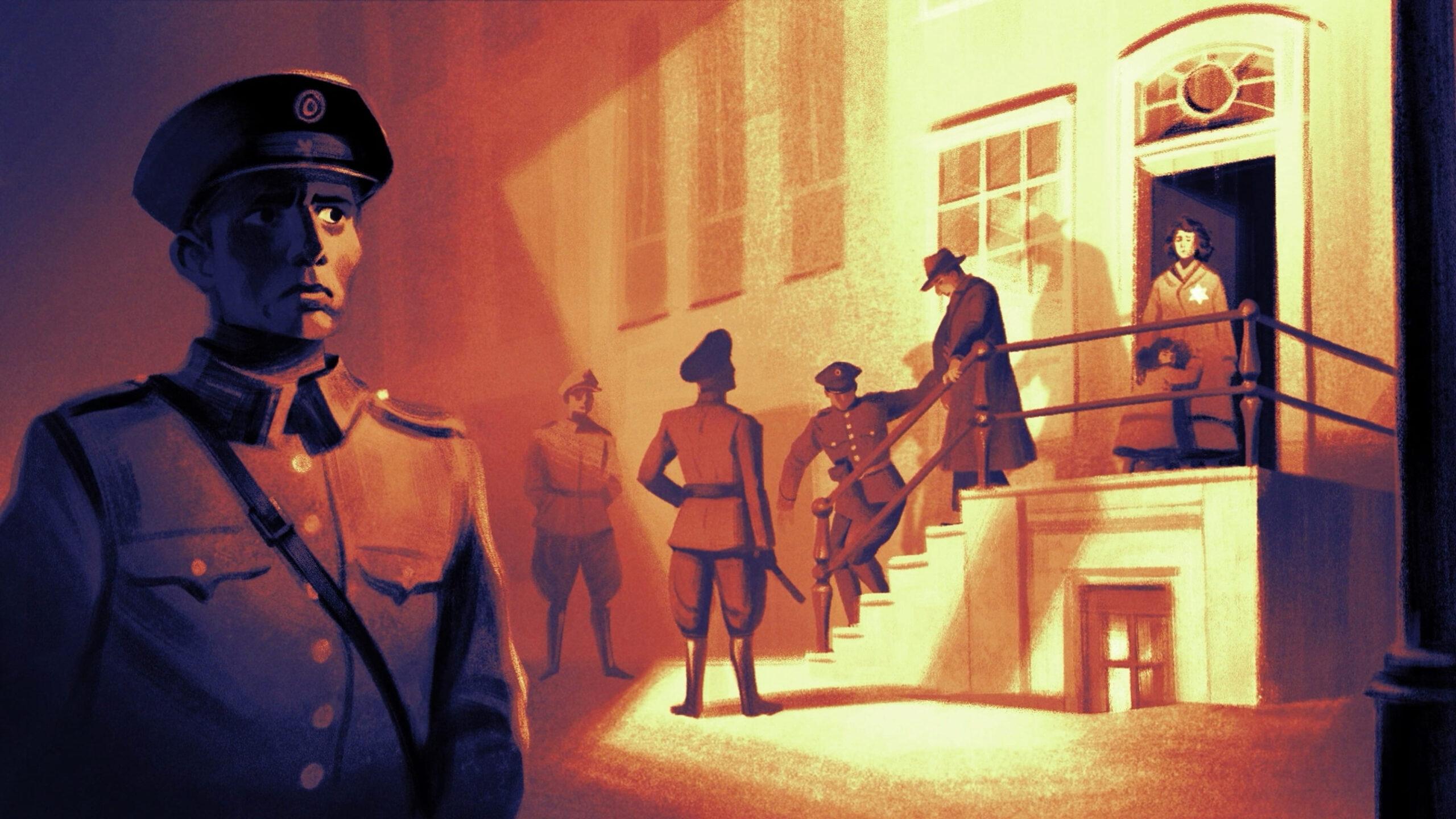Why is the number of Dutch Jews killed during the Holocaust the highest of Western Europe?
Synopsis
The documentary 73 Percent revolves around a painful question: what is the reason that The Netherlands is the country with the highest number of murdered Jews in Western Europe during the World War II? In Belgium 40 percent was murdered and in France 25 percent. With 102.000 deaths the Dutch also have the highest number in absolute figures. It’s strange that these numbers aren’t part of the collective memory of the Dutch. It’s not being taught at school, at least half of the population has no clue.
Among those who do have a clue, the general explanation nowadays is that Dutch society as a whole failed to protect Jews. The average Dutchman was selfish, looked away, and even helped the occupier with a crazy bureaucracy. But is this story completely accurate?
About the Director
Jaap van Eyck directs both feature films and documentaries. Well-known titles are the documentary The Mengelberg List, the feature film Flirt, and the short film Amstel. The latter recently won first prize at the International Film Festival Emden-Norderney.
Artistic Statement
73 Percent shows that a distance has arisen between the public perception of the persecution of Jews in the Netherlands and the insights provided by scientific research by historians.
The first 50 years after the war the country’s self-image was that the vast majority of the population were either members of the resistance or victims of the Nazis. In 2025, this ‘resistance myth’ has made way for the ‘cowardice myth’. A large number of people think that the average Dutchman looked away, was cowardly and selfish and even helped the occupier with a crazy bureaucracy. That is why so many Jews were deported here.
The film shows the story is much more complicated. The high percentage in the Netherlands is the result of a very complex process. But does this mean that we cannot make a moral judgment about what happened?
Main character Max Arian has taken a favorable view on the matter today. He is not angry with ‘the Dutchman’, and he is still grateful to his hiding parents. In the last part of his life, Arian feels it’s important to emphasize that there were many Dutch who risked their own lives to help Jews. By doing so, they represented humanity.
Festivals, Screenings, & Awards
- World Premiere at Kriterion Cinema in Amsterdam
- Preview screening at National Holocaust Museum In Amsterdam
- Aired on Dutch National Broadcaster NPO2
